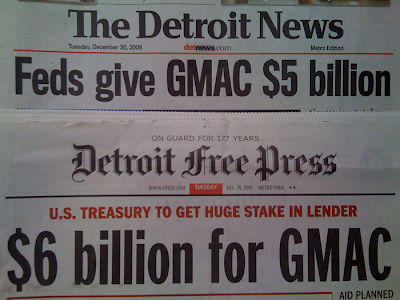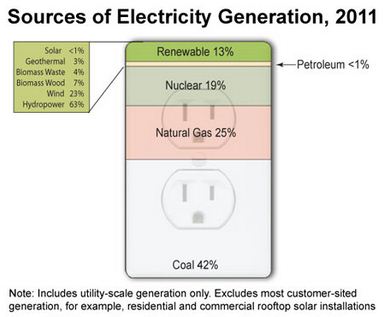2009 Survival
SEARCH BLOG: ECONOMY
"The Crash Of 2008" may not be the phrase used in history books, but 79 years after the "big one" hit this might be seen as a significant aftershock. We won't dwell on it now; enough has been said and written on that subject.
We are at New Year's Eve and, traditionally, that is the time to celebrate a new beginning. So, where do we begin?I talked with Bill the other day about just that. Bill lives down South and has a curiosity about politics and the economy ... and just enough connections to get interesting perspectives. His big question was whether or not the rest of the country was going to become like Michigan? I told him that Michigan and several other states in the northeast were suffering through years-long economic malaise because they depended so much on actually producing things and the U.S. has turned its back on being a maker of things.
Whereas many countries assist their producers in research, employee benefits, taxes, and regulations; the U.S. treats its manufacturers like booty to be looted.Yes, Bill, there is a possibility that given all that has hit the fan already, the U.S. could become... or is becoming... Greater Michigan: declining economy, fewer jobs, loss of property values, greater dependency on government, and continued antagonism toward business in tax policy.
Bill wanted to know what the way out was. I told him that I have opinions just as millions of others have opinions, but that and $5 gets you an over-priced cup of coffee at Starbucks. Rather than directly answer, I asked a question in return: did he know which country already figured out the road to prosperity [hint: not China]? Try a perennial back-water of Europe. Yes, Ireland.
Bill understood. We can choose to have a 10-year correction like Japan in the 1990s. That's where we wait to hit bottom so we can begin the long climb up while basically changing nothing. Or we can face what really stands in our way: us.
In the past, we looked to the consumer or manufacturing to trigger recovery. Don't look there. Maybe a big run-up in Wall Street... do you really think so? How about Obama's WPA? Somehow fixing roads may fall short. Let's print more money so we can import more stuff from China. Eh, who is going to do the buying?We have to face the truth: our prosperity has been a series of Ponzi schemes over the past decade... a lot more Madoffs than we choose to recognize. Dot-coms... housing... energy... all "creating value" from vapor... and all crashing down leaving personal and public finances in shambles.
So, I offered this to Bill: we have to revise our business taxes and our trade policies to reflect how the world really works... not how some politician-philosopher wants it to work.
- Eliminate most business taxes and focus on achieving the economic prosperity that results from ultra-competitive business and high employment. Here in Michigan, businesses get charged the full amount of property taxes for idle facilities while the businesses that own them are losing money or going bankrupt... how does that help the state's economy?
- Make all trade policies... and practices... reciprocal. If a country charges 15% value added tax for our products... do the same for theirs. If a country manipulates their currency to benefit their industries, address that in terms that discourage such behavior. Trade should be mutually beneficial, not skewed to strengthen the businesses in one country while undermining those in another.
Bill and I concluded that 2008 was leaving us with a very murky picture for 2009 and that more government programs and regulations and taxes didn't seem to be a great survival strategy.
What do you think?
Here's hoping your New Year is a good year...

























